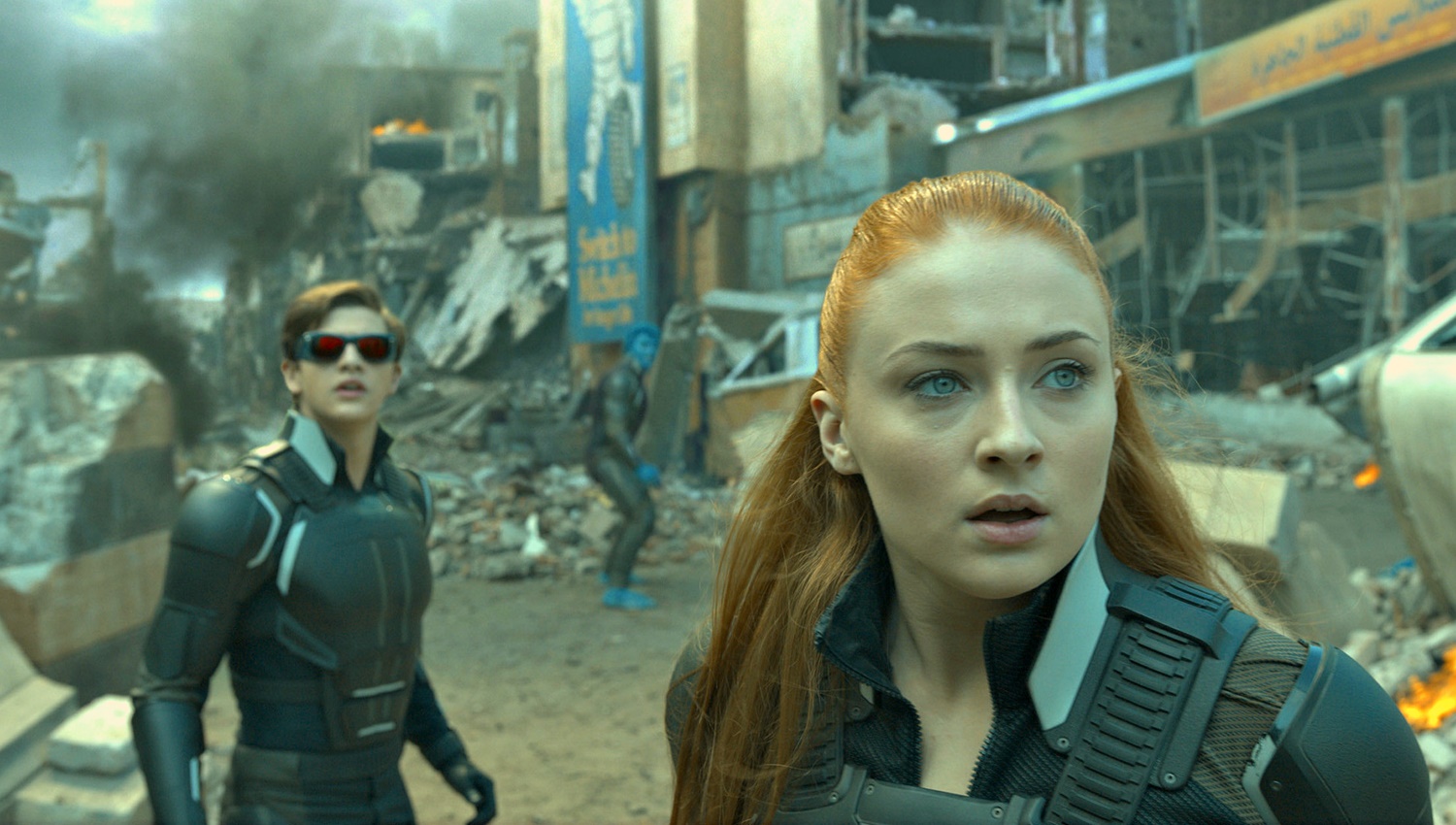
X-Men Apocalypse
Dustin Chase
I went into this superhero movie, sequel, franchise with arms crossed. Annoyed that my summers are now filled with just one comic book adaptation after another. While X-Men Apocalypse (the 6th film in the series) hits theaters three weeks after Marvel’s other franchise Captain America debuted, they screened them for critics back to back. My disdain for Marvel and this seemingly endless trend of superhero movies suffocating cinemas is well documented. However, I have always enjoyed what The X-Men narrative has brought to the table socially, figuratively and visually. Director Bryan Singer and The X-Men series is both the cause of the comic explosion on screen, (the 2000 film proved it was possible and profitable), and it’s also one of the few that dares to kill off major characters. X-Men movies unfold more like miniseries rather than films that start fresh and catch the viewer up. It’s far more difficult to jump into what’s happening in these movies, without a vast knowledge of what has happened previously. Sure that might cost this franchise some money and viewers, but it’s stronger for it.
To understand who Apocalypse (Isaac) is you have to travel back in time to 3600bc. His resurrection in 1983 will provide Charles Xavier (McAvoy) and his team of misfits and outcasts their biggest challenge. Erik Lehnsherr (Fassbender) has started a new life in Europe with a wife and child, abandoning his role as Magneto. Mystique (Lawrence) has also left all affiliations to rescue enslaved mutants around the world, she has become an iconic figure of hope after exposing the human race to mutants in D.C. ten years ago. Apocalypse wants to start the world again, discarding those who are weak and needs Xavier’s power to make that happen. The newest students of Xavier’s school, Jean Grey (Turner), Scott Summers (Sheridan) and Kurt Wagner (McPhee) will play an integral part helping experienced mutants Beast (Hoult), Havoc (Till), and Quicksilver (Peters) face their greatest foe.
X-Men films more than any other comic book adaptations give equal weight and power to women, even including them in third act finales, historically reserved to males.
Every single X-Men film relies on the Magneto character’s dark childhood and continual sad story further his rage into becoming the villain Ian McKellen portrayed. Yet again, as with every film, we revisit Auschwitz and his childhood. It’s a part of the comic history Singer always gets right. Fassbender delivers the strongest emotional pull of the film as his Magneto is always torn between what is right and wrong We also revisit Alkali Lake, where so much has happened in other X-Men films. Singer’s scripts use viewers’ familiarity with the material to make these films feel like episodes. The more you know or remember, the greater the reward. X-Men functions more like the Star Wars saga than any other franchise to date. If you remember the first three films before the reboot you already know what happens to Jean Grey in the end, or how evil Magneto will become. The past two films, the reboots if you want to call them that, are artistic endeavors set every decade to create an encyclopedia character history. What prohibits this saga from true greatness is the discrepancies that prohibit the now six films to perfectly fit together.
“Charles wants students, not soldiers,” McCoy says. It’s true that The X-Men films have always spent more time talking, character building, facilitating relationships and abilities over battling. That’s not to say there are not great action sequences in this and other X-Men films, but you can get that with any superhero movie. This franchise by 20th Century Fox (unlike the ones now owned and operated by Disney) have never been afraid to kill off characters; Tragedy has always been part of X-Men. Singer stepped away from the third X-Men film (back as producer and story boarder for First Class) in an epic failure to reboot Superman in 2006. While The Last Stand is perceived as a lesser film, it still has the biggest balls of any comic book adaptation to date, killing so many lead characters in one movie. Singer’s departure from The Last Stand meant he missed one of the greatest storylines in the X-Men franchise. He not only takes a direct jab at the 2006 X-Men movie directed by Brett Ratner, with a brilliant line from Jean Grey. He also uses that line to foreshadow coming events in the timeline and Grey’s three personalities. The biggest difference between the comic books and the movies is how the Mystique character has been changed, of course due to the popularity of Lawrence. Still the X-Men films more than any other comic book adaptations give equal weight and power to women, even including them in third act finales, historically reserved to males. X-Men Apocalypse certainly has its own problems, one being talented actor Isaac completely lost in makeup and wardrobe, or despite how amazing Munn looks as Psylocke not having much to do. Yet centerpiece moments like Quicksilver’s character, again stealing the show in an impressive visual effects presentation. Alongside little touches Singer offers that are so easily missed on first viewings, he reminds us, it’s the small details that make a film like this good, not how big, loud or destructive they are.
Final Thought
Singer is the only director who can claim to be a comic book film expert, having directed more than anyone else, proving yet again why X-Men always delivers more surprises than its competitors.
